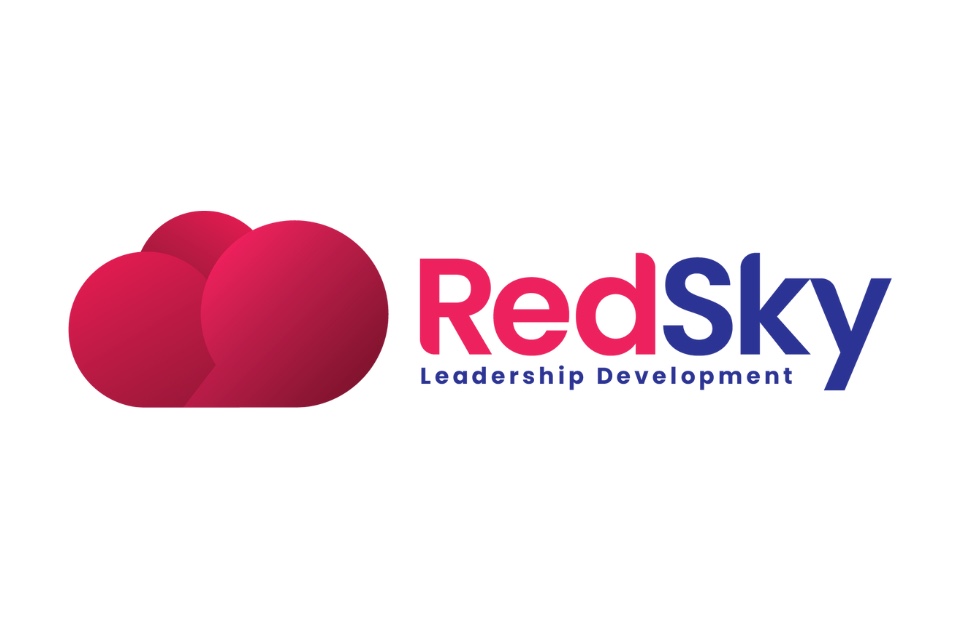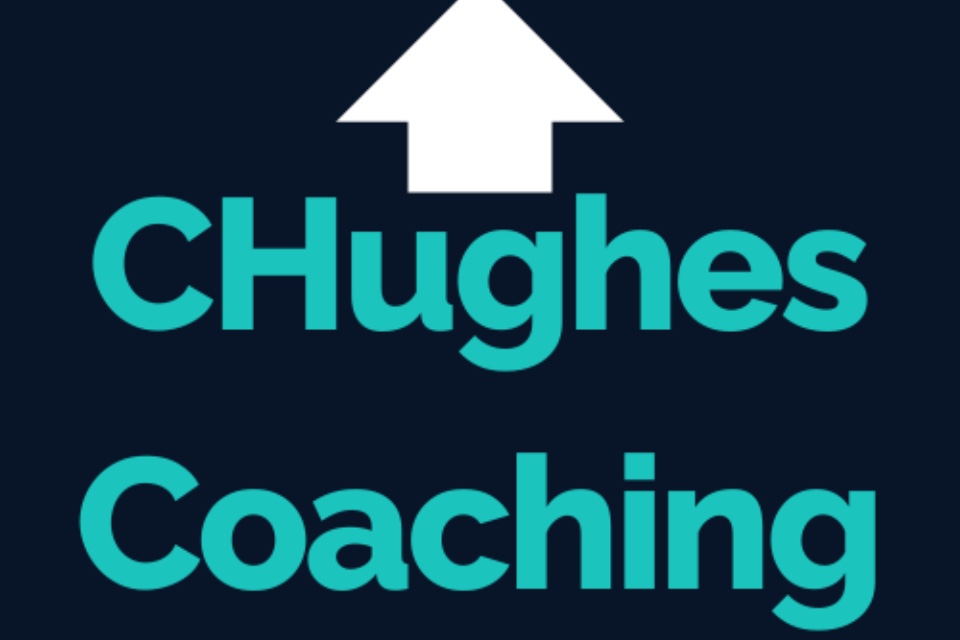In a world that seems increasingly defined by constant disruption, the qualities that define great leadership are shifting. Technical expertise and strategic vision remain essential, but agility, emotional intelligence, and resilience have become just as important. As organisations continue to navigate digital transformation, economic uncertainty, and hybrid working, executive and leadership coaching is evolving to meet this new reality…
In short, coaching is no longer just a development perk for senior executives: it’s a strategic investment in organisational adaptability and performance.
The Leadership Challenge in a Hybrid Era
The hybrid workplace has fundamentally changed how leaders connect with their teams. Managing performance, maintaining culture, and fostering collaboration are all more complex when employees are dispersed across multiple locations and time zones.
Traditional management models, built on proximity and hierarchy, no longer apply. Coaching helps leaders develop the empathy, communication skills, and adaptability needed to inspire teams in this new environment. By improving self-awareness and emotional intelligence, leaders learn to balance authority with authenticity, creating trust and engagement even through a screen.
Coaching for Agility and Resilience
Modern coaching programmes increasingly focus on building mental flexibility and resilience. Rather than prescribing solutions, coaches help leaders strengthen their ability to respond constructively to ambiguity and change.
This approach aligns closely with agile principles, encouraging experimentation, reflection, and continuous learning. Leaders who are coached in this way are better equipped to guide teams through transformation, maintain morale during disruption, and make confident decisions despite uncertainty.
Many organisations are now integrating coaching directly into change management frameworks, ensuring that leadership development happens alongside major business transitions.
From Individual Growth to Organisational Impact
The impact of effective coaching extends beyond personal development. Coached leaders create ripple effects across their teams, encouraging openness, feedback, and collaboration. This, in turn, fosters a culture of psychological safety where innovation can thrive.
As businesses prioritise wellbeing and inclusion, coaching also plays a vital role in supporting leaders to model healthy work behaviours and manage stress, reducing burnout and improving overall workforce resilience.
Coaching in 2026 and Beyond
The coaching landscape itself is evolving. Digital coaching platforms, AI-driven matching tools, and on-demand micro-coaching sessions are making high-quality coaching accessible to a broader range of employees.
For HR leaders, the challenge and opportunity lie in embedding coaching as part of the organisational fabric, not as a reactive fix, but as a proactive tool for growth and transformation.
Successful organisations will be those whose leaders can navigate uncertainty with confidence, empathy, and clarity. Coaching is proving to be the compass that helps them do exactly that.
Top 5 Coaching Competencies for Future-Ready Leaders
- Agility
The ability to adapt quickly to change, pivot strategy when needed, and remain calm under pressure is essential in volatile business environments. - Emotional Intelligence
Strong self-awareness and empathy enable leaders to build trust, manage conflict, and maintain authentic communication—particularly in hybrid teams. - Resilience
Coaching helps leaders develop mental toughness and recovery strategies, sustaining performance during disruption or uncertainty. - Strategic Communication
Great leaders listen actively, ask powerful questions, and communicate with clarity and purpose—ensuring alignment across dispersed teams. - Continuous Learning Mindset
Embracing curiosity, reflection, and feedback encourages innovation and drives personal and organisational growth.
Are you searching for Executive Coaching solutions for your organisation? The HR Summit can help!
Photo by Marcel Petzold on Unsplash









